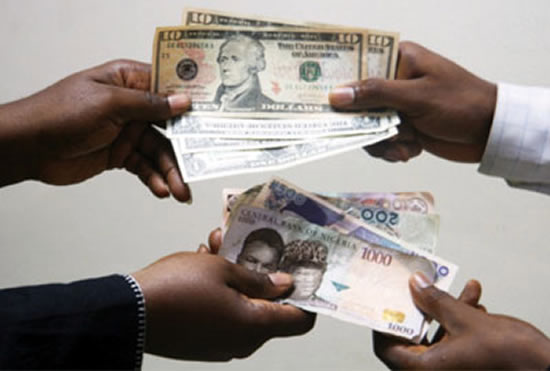SAMUEL OYEKANMI FROM NAIRAMETRICS
Nigeria imported durum wheat worth N753.6 billion in the first nine months of 2022, a 16.1% decline compared to N898.2 billion worth of durum wheat importation during the comparable period in 2021.
This is according to data gathered from Nigeria’s international trade reports, released by the National Bureau of Statistics (NBS).
Note that in the full year 2021, Nigeria imported wheat worth N1.29 trillion. Meanwhile, it appears 2022 numbers will fall short of the previous year’s import despite increased population/demand.
Some details to note: The decline in Nigeria’s wheat import may be attributed to the continuous confrontation between Russia and Ukraine since February 2022, as most of Nigeria’s wheat import comes from these two countries.
- The decline in Nigeria’s wheat import is of particular interest considering how much Nigerians consume wheat. Notably, wheat is the third most widely consumed gain in the country. It is used in the production of bread, livestock feeds amongst others. The CBN said:
- “Wheat is the third most widely consumed grain in Nigeria after maize and rice. It is estimated that the country only produces about 1% (63,000 metric tons) of the 5-6 million metric tons of the commodity consumed annually in Nigeria. This enormous demand-supply gap is bridged with over $2 billion spent annually on wheat importation. This has made wheat the second highest contributor to the country’s food import bill.”
However, despite this enormous demand for wheat in the country, its import has dropped in the past nine months, especially at a time when the nation’s agricultural import surged to N512.91 billion in Q3 2022 and N1.42 trillion between January and September 2022.
Nigeria-Russia trade: Nairametrics reported earlier in the year that Nigeria’s $2 billion annual trade with Russia could be impacted by the war, following sanctions placed by other western economies on the country.
- Russia, which plays a very important role in international trade has been in a confrontation with neighbour Ukraine over the past 10 months, after Vladimir Putin, the President ordered the invasion of his troops into Ukrainian territories.
- This has had ripple effects on the global economy, leading to high energy prices, food inflation, and uncertainties across major economies of the world, with Nigeria, not excluded from the list.


